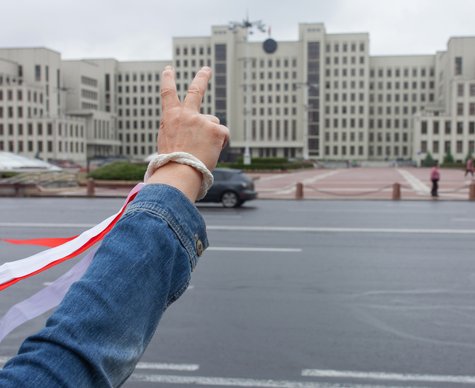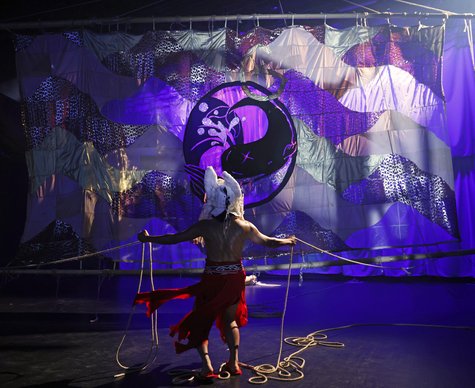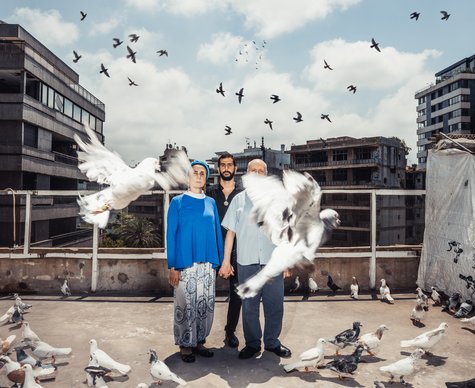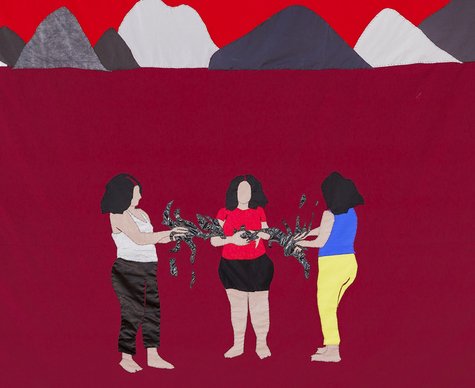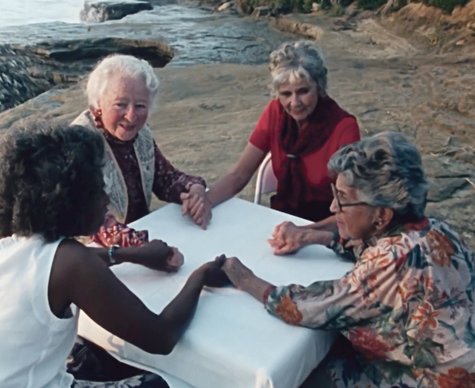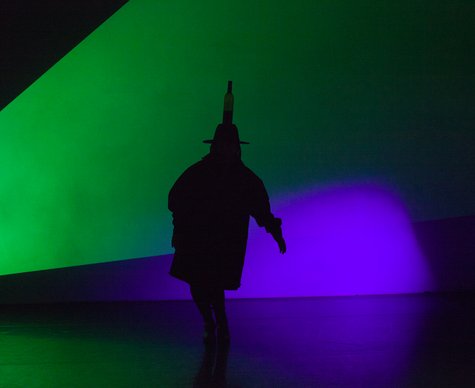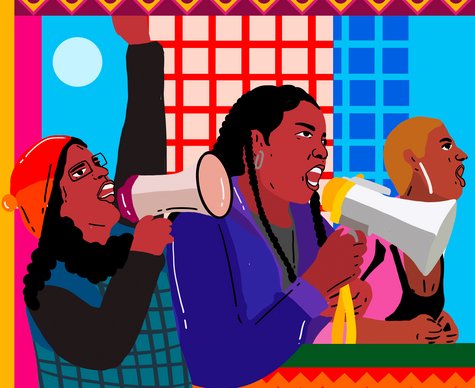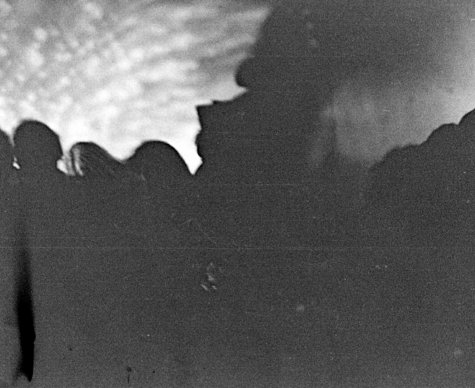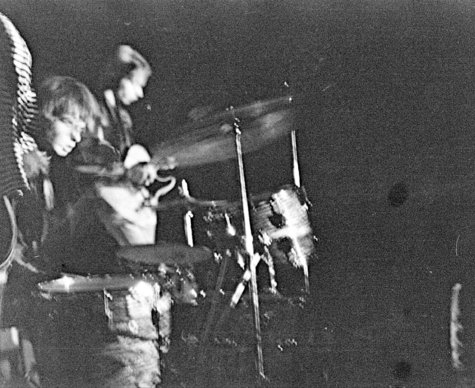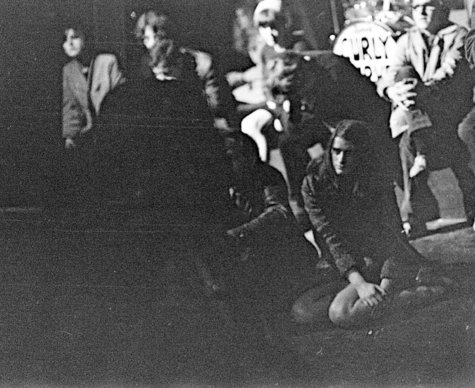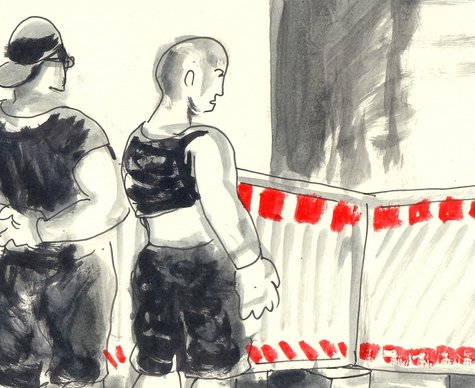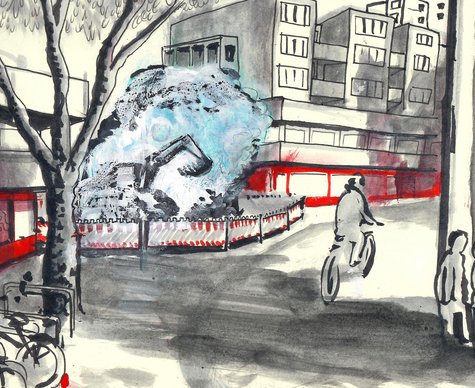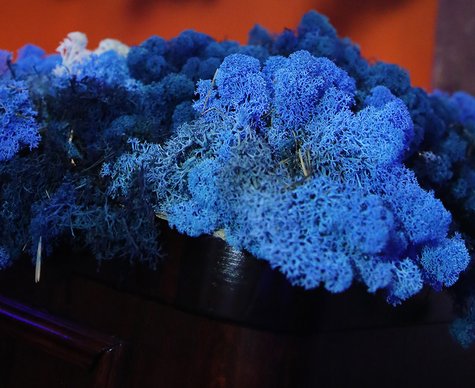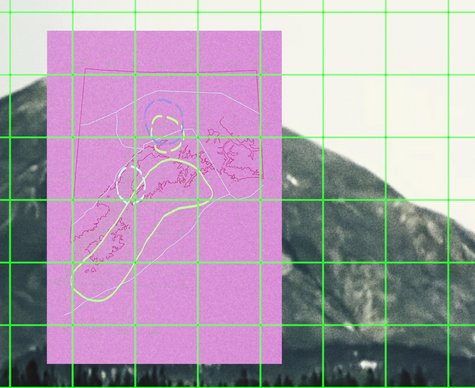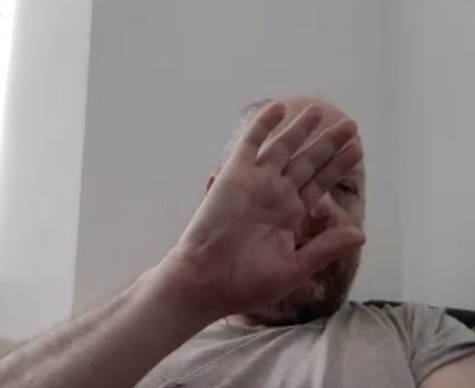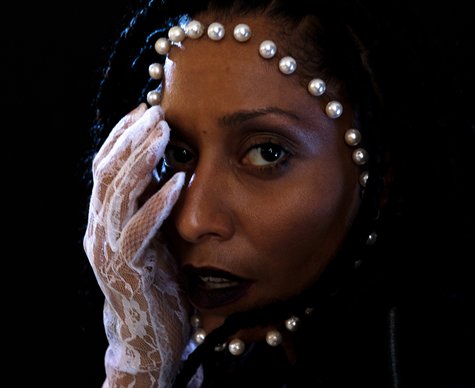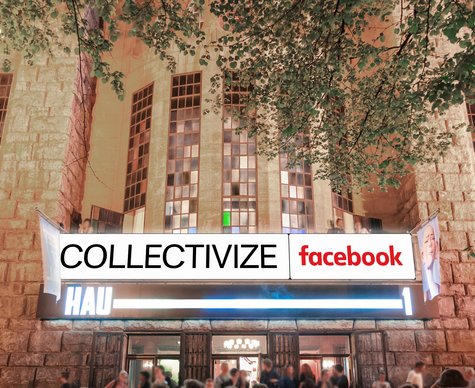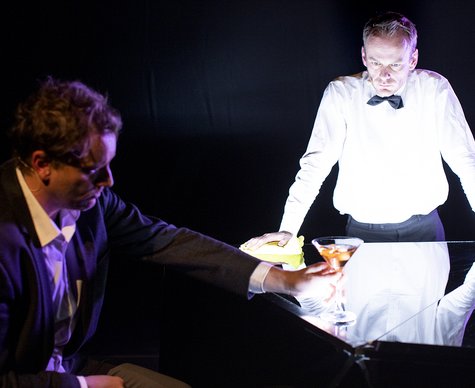HAU’s digital stage
Encounters and Exchange
Dance and Transformation
- Dialogue
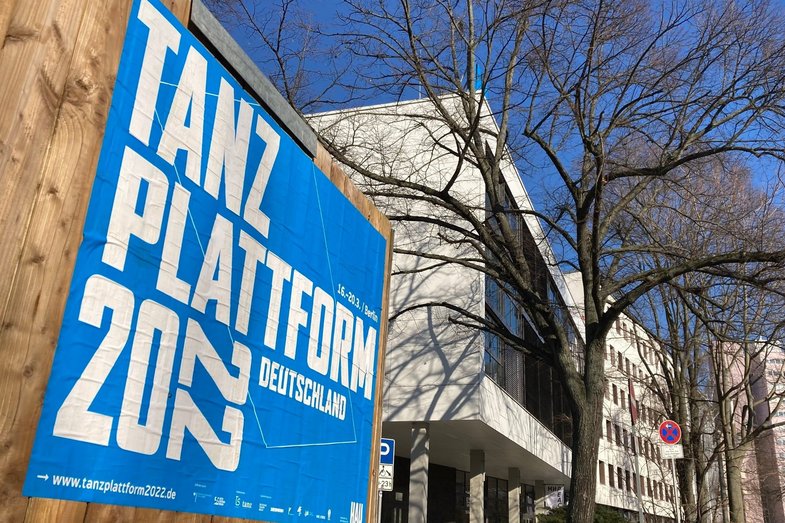
Impulse: The autonomous board (Helga Baert, Martin Schick, Sam Trotman) and Jacob Bilabel (Aktionsnetzwerk Nachhaltigkeit in Kultur und Medien / English: “Action Network for Sustainability in Culture and Media”)
Workshop groups led by: AG Work Culture (Zeitgenössischer Tanz Berlin e.V.) Kasia Wolinska, Enrico L'Abbate aka Rilaben and Barbara Greiner, Maximilian Haas and Sandra Umathum, Tischgesellschaft (English: “Table Company”) by Antje Pfundtner in Gesellschaft with Lea Martini & Magdalena Meindl. Host: Nadine Vollmer
For many people, working in crisis mode – in relation to both our ecological and social security – didn’t just start with the pandemic. But the collective experience of the past two years has revealed the weaknesses of global, local and social systems. How do we keep going? A fundamental transformation of our working and life worlds seems unavoidable. How can we create resilient, sustainable and mutable structures? What critical forces do we ascribe to dance in political, social and ecological processes, and how can dance initiate real change as a crisis-tested art form?
IMPULSE
Jacob Bilabel (Aktionsnetzwerk Nachhaltigkeit in Kultur und Medien) The prevailing narrative of 'sustainability means renunciation & prohibition' paralyzes and slows down urgently needed developments. Today more than ever, it is necessary to develop new narratives and experiences that involve the entire society in this generational task and make it possible to experience an ecological transformation also in the arts sector as manageable.
The autonomous board (Helga Baert, Martin Schick, Sam Trotman) Following the call of the RESHAPE NETWORK to reimagine fairer governance models, the ‘autonomous board’ (Martin Schick, Helga Baert Sam Trotman and many other voices) has built a collective proposal for action underpinned by a new paradigm. Within this idea lies the proposal to create new narratives, common goals, forms of cooperation instead of competition. This paradigm shift can be traced and implemented with the help of the anti-method ‘Governance of the Possible’.
WORKSHOPS
AG Work Culture (Zeitgenössischer Tanz Berlin e.V.) hosted by Kasia Wolinska, Enrico L’Abbate aka Rilaben The workshop invites all participants to experiment with embodying critical practice. We would like to propose individual and collective reflection on needs, expectations, relations, thoughts, emotional reactions that emerge from our lives at work. If making dance - in a variety of ways and roles - is both the sickness and the cure, we invite you to reflect with us on how we can work differently and what is there to be achieved through work, and dance. Let's talk to each other and speak up for ourselves. All bodies are welcome. No dancing required. An online version of the workshop will happen simultaneously and be facilitated by Barbara Greiner.
Maximilian Haas and Sandra Umathum This workshop addresses the challenges for artistic production practices in the face of climate change and the need to reduce greenhouse gas emissions as quickly and drastically as possible. However, sustainability is not just a quantitative question of more or less; it demands a qualitative change in the way we live and produce. How are operational ecologies related to aesthetic approaches and ethical responsibilities? How can we transform the modes of production and presentation? And what are the potentials lying in this transformation? The workshop will open the space for discussions, for sharing ideas for action as well as for contributions to rethinking and reorienting human-environment and social relations in times of crisis.
Tischgesellschaft von Antje Pfundtner in Gesellschaft mit Lea Martini& Magdalena Meindl Let’s sideline the business cards for a minute to really see what relationships we actually have. We meet each other as cultural workers, all in the same context – dance – but with different intentions. The Tischgesellschaft is inviting you to plough through our respective interests and place them in a new position on the market’s game board: How can we profit from our dissent and different points of view? How can we include present and absent stakeholders into the game?
Dates
Access to this event is according to regulations currently in place. You can find our hygiene concept here.
Location
tak Theater Aufbau Kreuzberg
Prinzenstraße 85 F, 10969 BerlinAll access points to the Aufbau Haus and the tak are completely barrier-free. From Prinzenstrasse 85 F, a wide ramp leads down into the Prinzenhof to the tak. If the access is too steep, our evening service will be happy to assist you. The tak restrooms have a barrier-free toilet. Several audience positions for wheelchairs are possible in the hall. Barrier-free parking is available at Oranienhof.
HAU4
Digital Stage















